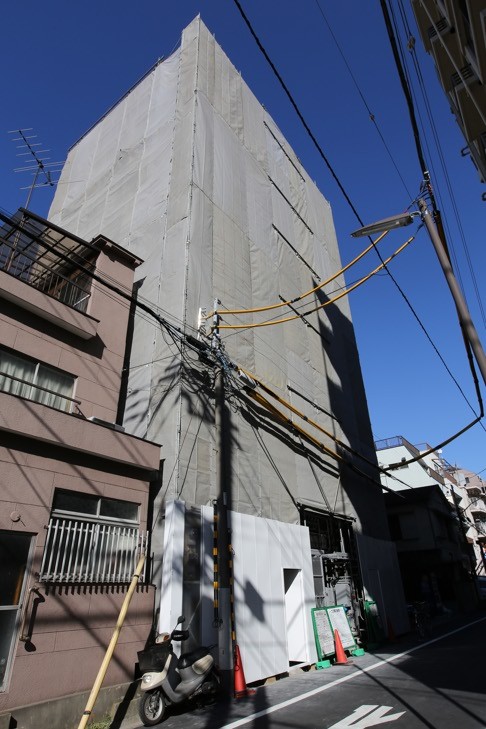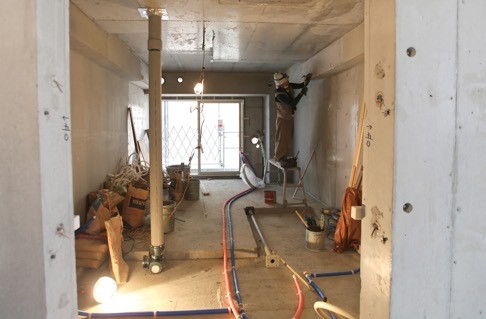
Fastest-growing Airbnb market at risk as Japan cracks down
New government guidelines for home sharing in Japan could make most Airbnb rentals in the country illegal
Aileen Jeffery arrived in Tokyo two years ago and spotted what she thought was the best opportunity of her career: Hotel rooms in Japan’s capital were scarce and a boom in tourism was exacerbating the shortage.

“If the government is serious about fixing the accommodation shortage before the 2020 Olympics, it can’t place minpaku operators at a significant disadvantage,” says Jeffery, who analysed hotel and residential properties for a London investment firm before moving to Japan to be with her fiance and starting her rental company.
Airbnb, now the third most valuable start-up in the world, was founded in 2008 and has encountered far fewer obstacles on its path to global acceptance than the app-based car service Uber, its companion in the so-called sharing economy. Even so, there have been a number of battles, including clashes over the rules for home rentals in New York and San Francisco.
Yasuyuki Tanabe, who runs Airbnb in Japan, is pushing back against the new restrictions. The company won’t directly enforce the new rules, he says, though it will ask property owners to adhere to local regulations. He adds that hosts may be able to avoid the rules in certain circumstances, without specifying how they would do that.

“Airbnb doesn’t want to do those work-arounds, but the people who run the actual places may end up doing that anyway,” he says.
Aileen Jeffery doesn’t want to build a business dependent on skirting the law. As she closes in on completion of her seven-story building, she is scrapping her original plans for mostly Airbnb rooms and converting more than half to standard apartment rentals, replacing magnetic key card-readers with traditional steel locks.
“It’s difficult to work around details that are constantly changing.”

